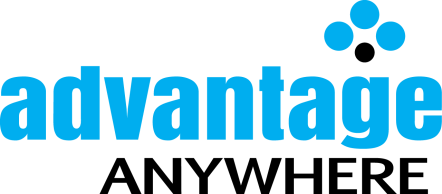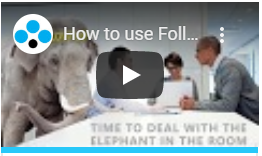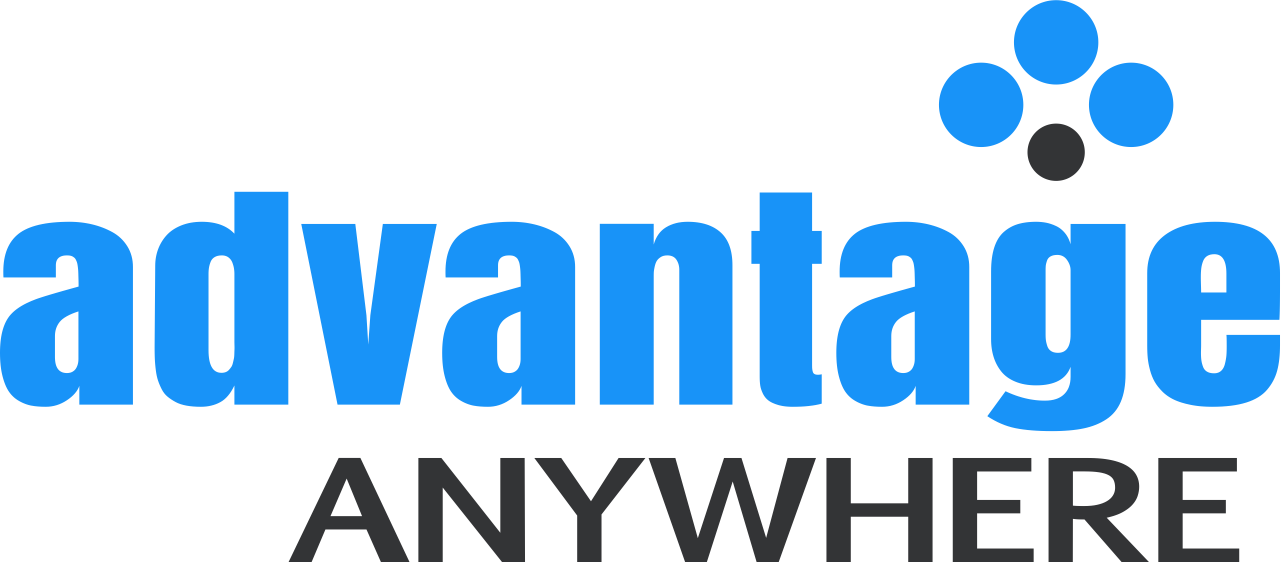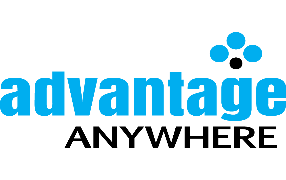
How Technology Empowers Home Health and Home Care Providers to Deliver Exceptional Care
The home health and home care industry is rapidly evolving, driven by the increasing demand for aging-in-place solutions and rising consumer expectations for personalized care. With the shift toward value-based care, providers are turning to Customer Relationship Management (CRM) platforms and digital tools to improve patient outcomes, streamline workflows, and remain competitive.
This article explores how technology is transforming home health care operations and highlights key benefits, challenges, and strategies for success.
The Growing Importance of Home Health Care
As more patients prefer to receive care in the comfort of their homes, home health agencies and home care providers need to deliver high-quality services efficiently. According to Advantage Anywhere, using a CRM platform specifically designed for home health allows providers to automate communication, manage referrals, and monitor compliance.
The increasing demand for aging in place—which promotes independence and comfort—makes it essential for home care providers to stay organized and proactive with their care plans. CRMs offer the ideal solution for managing patient information, caregiver schedules, and family communication seamlessly.
Key Challenges in Home Health Care:
- Managing remote caregivers across multiple locations
- Tracking compliance with state and federal regulations
- Ensuring timely patient visits and follow-ups
- Handling complex billing and reimbursement processes
External Backlink: For further insights on the benefits of aging in place, visit the National Institute on Aging here.
How CRM Technology is Revolutionizing Home Health Care
Incorporating CRM technology into home health services enables providers to manage operations efficiently and improve patient outcomes. A Home Health CRM acts as a centralized hub for communication, scheduling, and data management, streamlining every aspect of patient care.
Benefits of CRM Platforms for Home Health Providers:
- Improved Communication: CRMs integrate messaging systems for real-time communication between caregivers, patients, and families, keeping everyone aligned on care plans.
- Automated Scheduling: Automated tools ensure that caregivers arrive on time, minimizing delays and missed appointments.
- Compliance Tracking: CRMs monitor compliance with HIPAA regulations and other legal requirements, ensuring all documentation is accurate.
- Data-Driven Decision Making: Track patient progress and caregiver performance to make data-backed care decisions.
Internal Link: Learn how technology enhances operations in senior living communities with CRM tools.
Lead Management and Marketing Strategies for Home Health Providers
One of the biggest challenges home health providers face is generating and managing leads efficiently. Families often explore several options when seeking care for loved ones, so staying on top of leads and nurturing relationships with potential clients is essential. A CRM solution enables providers to track inquiries, automate follow-ups, and convert leads into patients.
Effective Marketing Strategies for Home Health Providers:
- Email Campaigns: CRMs automate personalized email campaigns to nurture leads and keep families informed.
- Social Media Management: Scheduled posts and targeted social media ads help providers reach a wider audience.
- Referral Tracking: A CRM tracks referrals from hospitals and physician offices, allowing providers to strengthen these relationships.
- Review and Reputation Management: CRMs help collect and manage online reviews, building trust with potential clients.
External Backlink: For advice on how healthcare businesses can improve their online reputation, visit Reputation Health’s guide here.
How Technology Enhances Patient Care and Family Communication
Effective communication is at the heart of high-quality home care. CRMs provide family portals that keep loved ones informed about the patient’s progress and care plans, fostering transparency and trust. For example, families can access appointment schedules, care reports, and updates from caregivers via an online dashboard, reducing anxiety and improving engagement.
How CRM Tools Improve Family and Patient Engagement:
- Real-Time Updates: Caregivers can share notes and updates instantly with families through the CRM portal.
- Activity Logs: Track patient activities, medications, and care plans to ensure continuity of care.
- Feedback Management: Families can provide feedback through the CRM, ensuring the provider continually improves their services.
Internal Link: Discover how health and wellness CRMs can also help providers engage clients in wellness programs.




